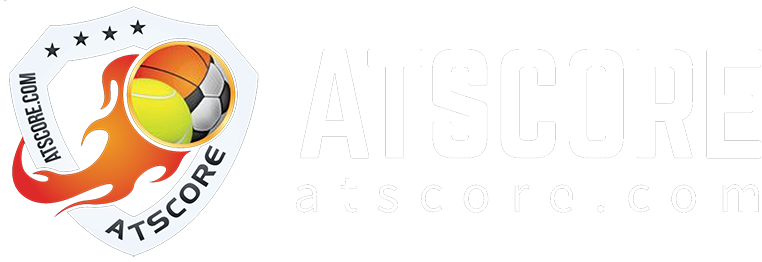Manchester United is facing a significant internal crisis after Noussair Mazraoui, a devout Muslim and esteemed player, refused to wear a rainbow-themed jacket designed to show support for the LGBTQ+ community. This incident, ahead of their match against Everton, has caused division among teammates and sparked a broader debate on inclusivity versus personal beliefs in sports.
Background of the Rainbow Laces Campaign
The Rainbow Laces campaign, a staple in promoting LGBTQ+ inclusion within the Premier League, has historically seen teams don rainbow-themed accessories to combat homophobic abuse and promote equality. Manchester United has participated in this initiative for several years, demonstrating support through pride-themed jerseys and other symbolic gestures. However, this year’s plan to wear rainbow jackets was abruptly cancelled due to Mazraoui’s stance, marking the third such controversy in the league this week alone.
Immediate Fallout and Team Dynamics
In response to Mazraoui’s refusal, based on his religious convictions, Manchester United opted to scrap the wearing of the rainbow jackets entirely to avoid singling him out. This decision was made mere hours before kickoff, leading to a scramble and varied reactions from the squad and fans alike. The club’s management stated that while they respect individual beliefs, they remain committed to their principles of diversity and inclusion.
Community and Fan Reactions
The Rainbow Devils, Manchester United’s official LGBT fan group, expressed their disappointment over the incident but chose not to criticize Mazraoui directly. They acknowledged the complex situation and reiterated their disappointment, particularly as they had worked closely with the club to promote the Rainbow Laces game. This scenario has underscored the delicate balance clubs must maintain in respecting individual beliefs while fostering an inclusive environment.
Wider Implications in Sports and Society
This incident at Manchester United has reignited a broader discussion on the role of personal beliefs in professional settings, particularly in sports where public figures are often seen as role models. The clash between personal faith and public support for social causes poses ongoing challenges for teams and leagues attempting to navigate these sensitive areas without alienating parts of their fan base or their own players.
Continued Efforts and Future Directions
Despite the setback, Manchester United and the Rainbow Devils have vowed to continue their efforts in promoting inclusivity and supporting the LGBTQ+ community. The club plans to engage in further dialogue and activities to strengthen their stance on diversity, hoping to prevent such incidents from overshadowing their campaigns against discrimination.
Conclusion
As Manchester United grapples with the fallout from this controversy, the sports world watches closely. The outcomes of this situation may set precedents for how clubs handle similar conflicts between individual rights and collective initiatives in the future, underscoring the ongoing evolution of sports as a platform for social change and the complex interplay between personal convictions and professional responsibilities.

 at
at 








